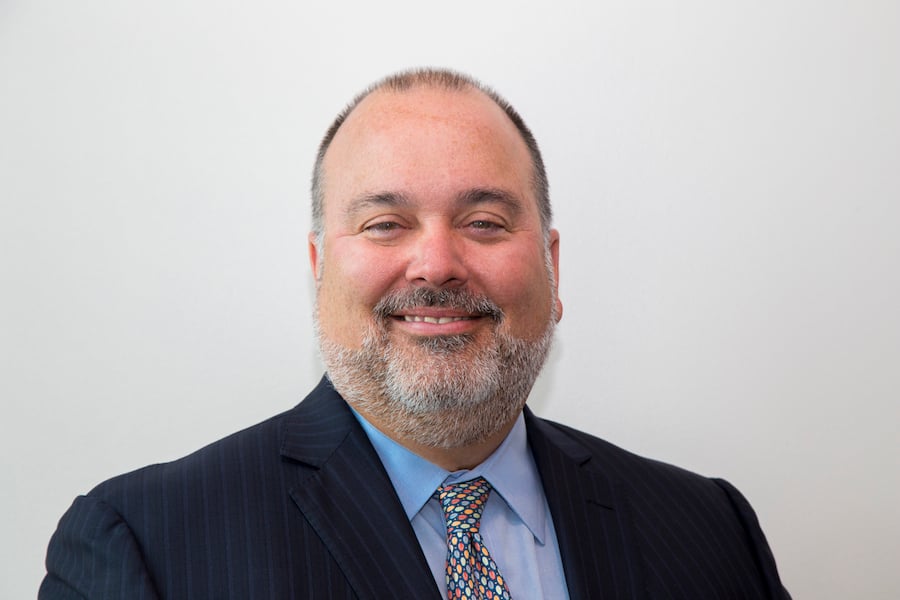True to its word that it would cut bonuses because of poor performance, LPL Financial Holdings Inc. has revealed that its top executives, including chief executive Mark Casady, saw annual cash bonus awards in 2014 decline between 28% and 41%.
Total compensation in 2014 for the company's top three executives, however, was much more consistent with levels from the prior year due to awards of company stock and options.
LPL's new president, Dan Arnold, said last month that executive compensation would take a hit at LPL.
“Bonuses will be lower year over year because of the overall performance,” Mr. Arnold said
in an interview. “Qualitatively and quantitatively, the firm came up short, mainly because of the regulatory environment.”
LPL Financial Holdings, parent company to broker-dealer LPL Financial, had discouraging financial results in 2014 due to a sharp increase in regulatory expenses. The company paid $36.3 million last year in regulatory charges, including fines and restitutions. The charges for 2014 were close to four times the levels of the charges LPL had over the previous two-year average. In a year that the S&P 500 was up 11.4%, LPL's shares were down 5%, ending the year at $44.55.
CASADY'S BONUS CUT
According to the company's
proxy statement from last Tuesday, Mr. Casady received a cash bonus award last year of $1.5 million, compared to a $2.5 million bonus for 2013. That's a one-year decrease of 41%.
Mr. Casady's overall compensation also took a hit in percentage terms, although not as much as his bonus. He earned $5.5 million in 2014, down 10.6% from 2013 when he earned $6.2 million.
Likewise, Mr. Arnold had a cash bonus in 2014 of $536,250, a decrease of 28% compared with the $750,000 bonus he received the prior year. Mr. Arnold is the former chief financial officer at LPL. On March 13, he became president of the company and replaced Robert Moore, who
resigned at the start of the month to become CEO of Legal & General Investment Management America, a global money manager.
Mr. Moore's bonus dropped 38.5%. In 2013, he earned a bonus of $1.1 million compared with $715,000 last year.
Despite the cuts to cash bonuses, Mr. Arnold and Mr. Moore saw a bump in total compensation last year. Mr. Arnold's total compensation, including base salary, stock awards and options awards, was $2.23 million, an increase of 6% when compared with a year earlier. Mr. Moore's total compensation for 2014 was $3.75 million, an annual increase of 11%.







